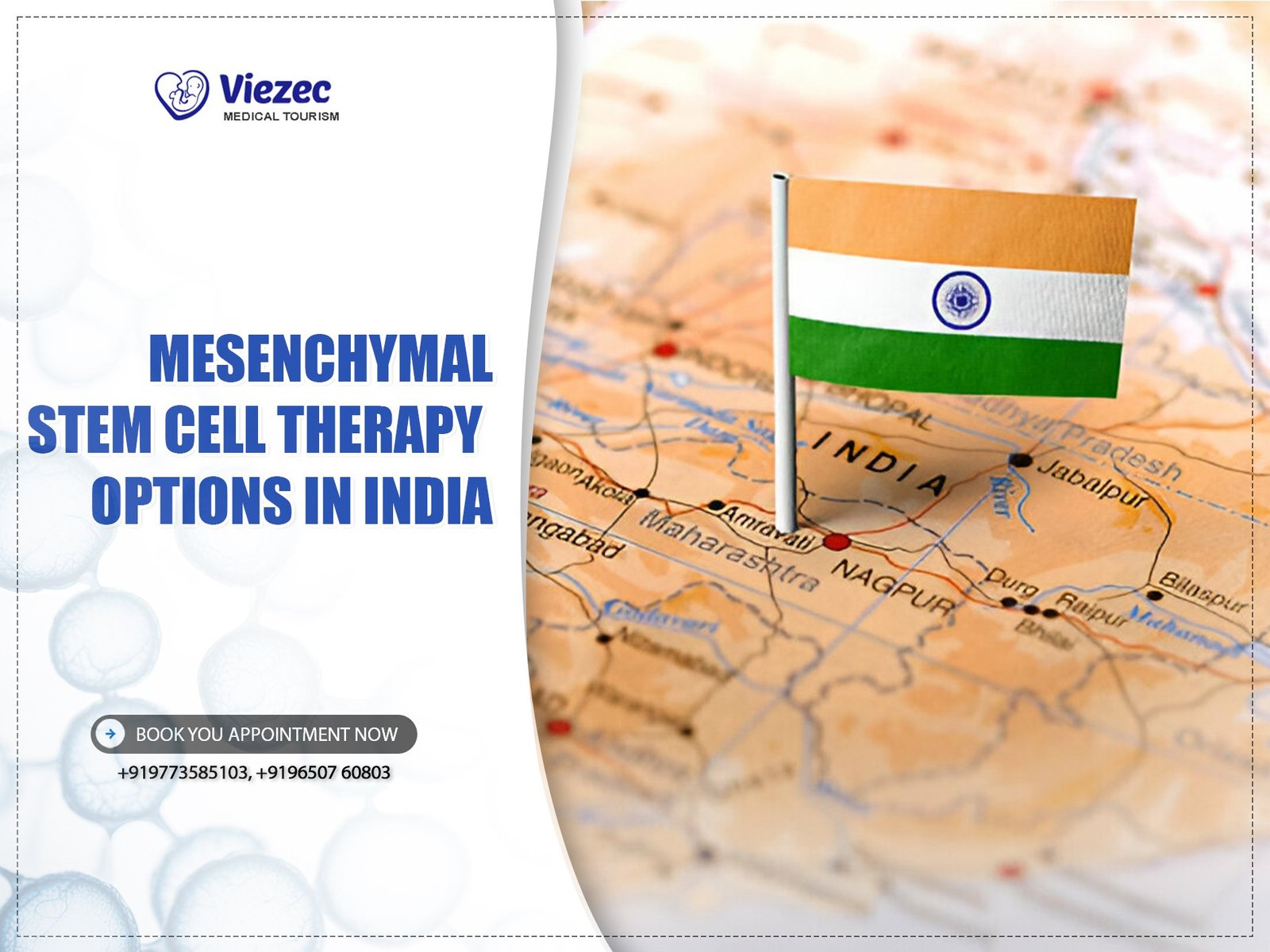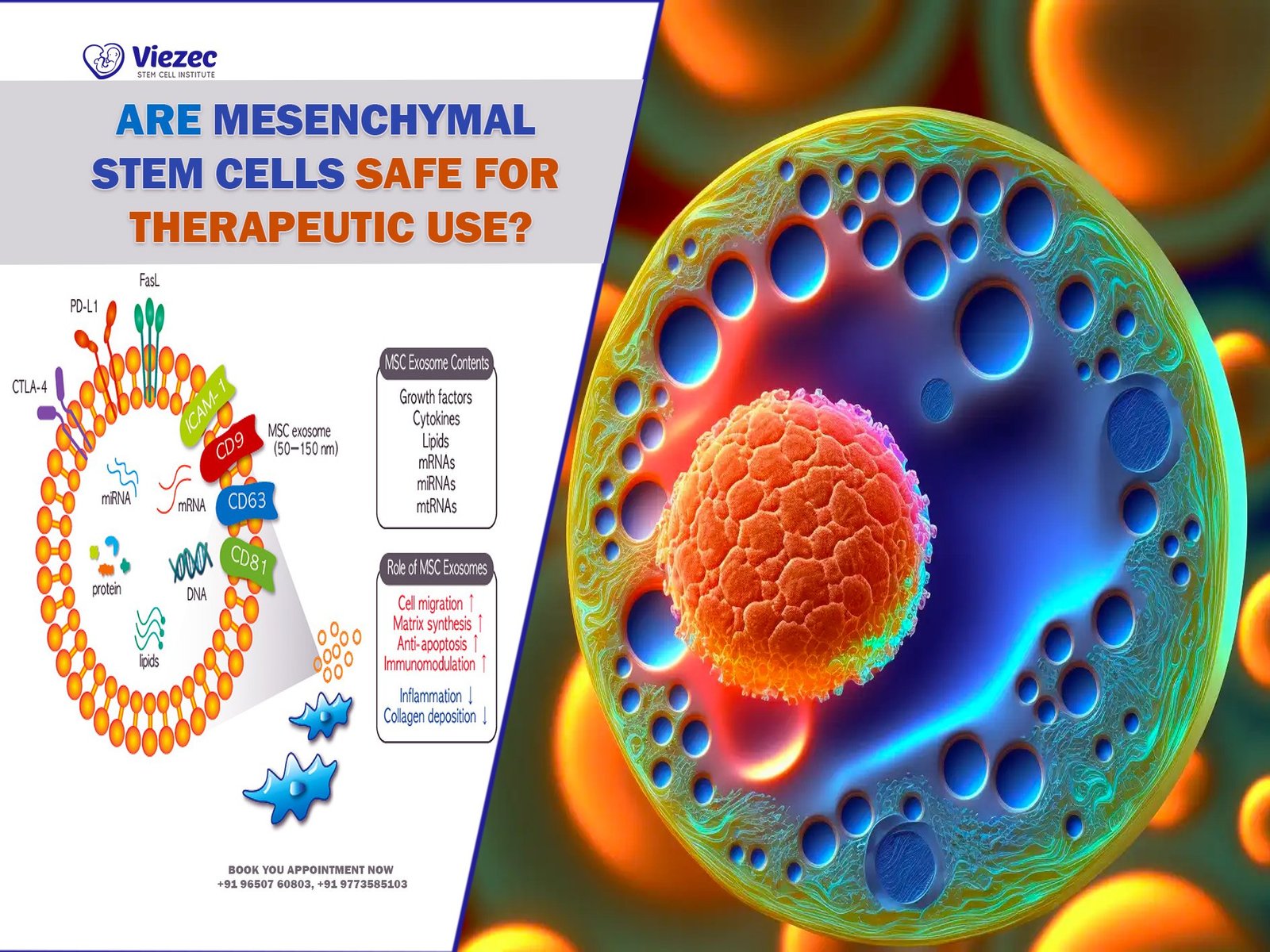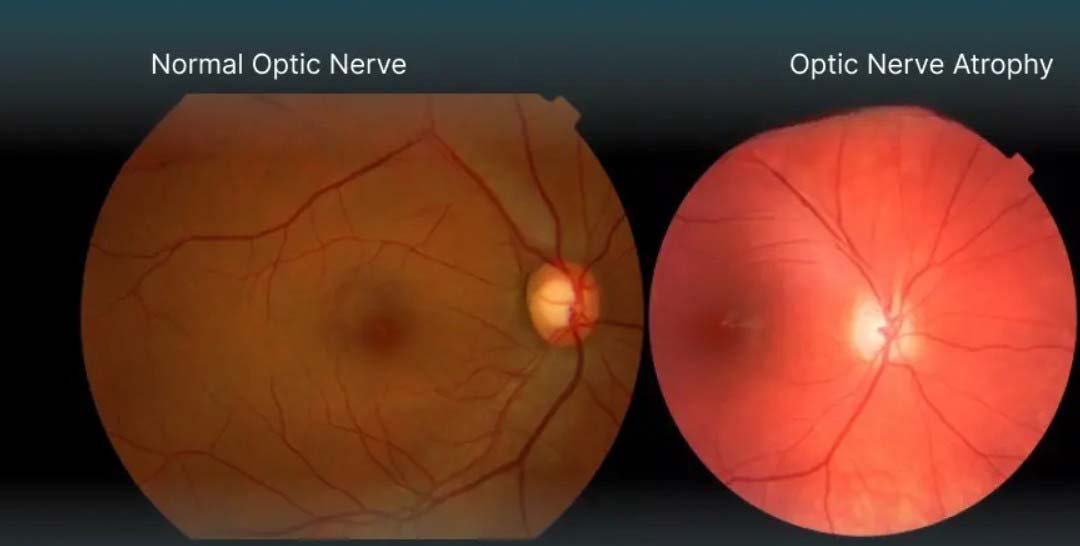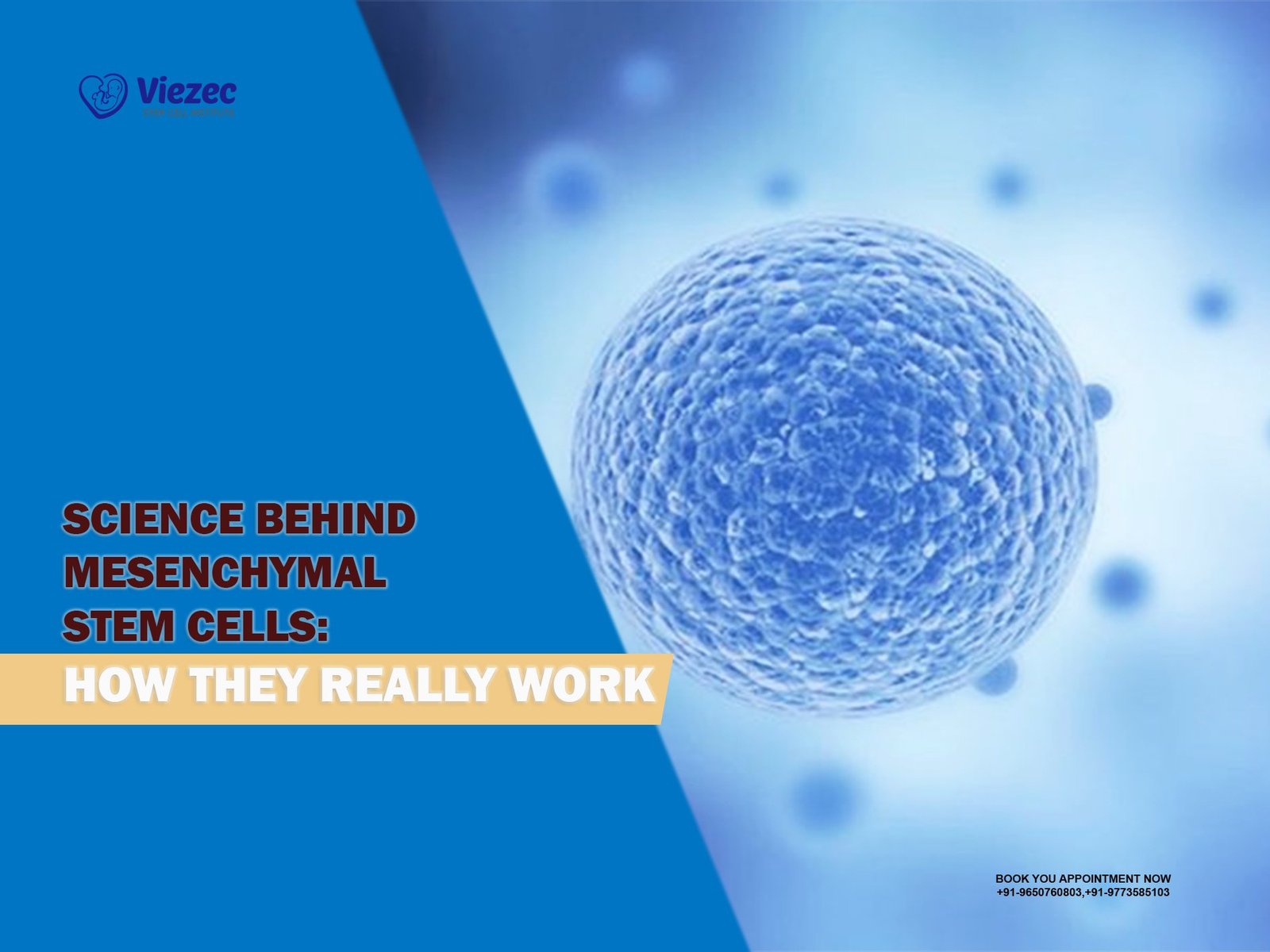Mesenchymal stem cell (MSC) therapy has emerged as a promising avenue in regenerative medicine, offering potential treatment options for a wide array of medical conditions. MSCs, derived from various sources including bone marrow, adipose tissue, and umbilical cord blood, possess unique regenerative properties that make them ideal candidates for therapeutic interventions.
Understanding Mesenchymal Stem Cells (MSCs)
Mesenchymal stem cells are multipotent stromal cells capable of self-renewal and differentiation into various cell types such as osteoblasts, chondrocytes, and adipocytes. These cells play a crucial role in tissue repair, immunomodulation, and inflammation regulation, making them valuable assets in regenerative medicine.
Historical Context and Development of MSC Therapy
The history of MSC therapy traces back to the 1960s when researchers first identified these cells in bone marrow. Since then, significant advancements have been made in understanding their biology and therapeutic potential. The development of MSC therapy has been marked by pioneering research and clinical trials, paving the way for its integration into mainstream medical practice.
Current Landscape of MSC Therapy in India
In India, the adoption of MSC therapy has been steadily increasing, driven by a growing demand for alternative treatment options and advancements in medical research. Several healthcare facilities across the country now offer MSC-based treatments for various medical conditions, reflecting the evolving landscape of regenerative medicine in India.
Medical Conditions Treatable with MSC Therapy
MSC therapy holds promise for treating a wide range of medical conditions, spanning across different medical specialties.
Orthopedic Disorders
Orthopedic conditions such as osteoarthritis, rheumatoid arthritis, and sports injuries can benefit from MSC therapy. These cells have the potential to regenerate damaged tissues, reduce inflammation, and alleviate symptoms associated with musculoskeletal disorders.
Neurological Disorders
Neurological conditions like Parkinson’s disease, stroke, and spinal cord injuries present significant challenges in conventional treatment approaches. MSC therapy offers a novel strategy by promoting neuronal regeneration, modulating neuroinflammation, and enhancing functional recovery in patients with neurological disorders.
Cardiovascular Disorders
Cardiovascular diseases, including myocardial infarction and heart failure, remain leading causes of mortality worldwide. MSC therapy has shown promise in improving cardiac function, promoting angiogenesis, and attenuating adverse remodeling following cardiac injury, offering new hope for patients with cardiovascular disorders.
Autoimmune Disorders
Autoimmune diseases such as multiple sclerosis, systemic lupus erythematosus, and Crohn’s disease involve dysregulated immune responses that target healthy tissues. MSCs exert immunomodulatory effects by suppressing aberrant immune reactions, thereby mitigating disease progression and improving clinical outcomes in patients with autoimmune disorders.
Other Medical Conditions
In addition to the aforementioned conditions, MSC therapy holds potential for treating a myriad of other medical conditions, including diabetes, liver cirrhosis, and skin wounds. The versatility of MSCs in modulating tissue repair and immune responses makes them valuable therapeutic agents across diverse medical specialties.
Regulatory Framework for MSC Therapy in India
As the field of MSC therapy continues to evolve, regulatory frameworks play a crucial role in ensuring patient safety, efficacy, and ethical standards.
Government Regulations and Guidelines
In India, regulatory bodies such as the Indian Council of Medical Research (ICMR) and the Drug Controller General of India (DCGI) oversee the approval and regulation of MSC-based therapies. Stringent guidelines are in place to govern the conduct of clinical trials, product manufacturing, and patient care, thereby upholding standards of quality and safety in MSC therapy practices.
Licensing and Accreditation of MSC Therapy Centers
MSC therapy centers must adhere to regulatory requirements and obtain necessary licenses and accreditations to operate legally. Accrediting organizations set standards for facility infrastructure, personnel qualifications, and treatment protocols, ensuring compliance with best practices in MSC therapy delivery.
Ethical Considerations and Patient Rights
Ethical considerations are paramount in the implementation of MSC therapy, particularly concerning patient consent, privacy, and autonomy. Healthcare providers are ethically obligated to uphold patients’ rights and welfare, maintaining transparency and integrity throughout the treatment process.
Clinical Applications and Research Advancements
Clinical research plays a pivotal role in advancing the field of MSC therapy, elucidating its therapeutic mechanisms, optimizing treatment protocols, and assessing long-term outcomes.
Clinical Trials and Studies in India
India has become a hub for clinical research in regenerative medicine, with numerous trials investigating the safety and efficacy of MSC-based therapies across different medical specialties. Collaborative efforts between academia, industry, and healthcare institutions drive innovation and knowledge dissemination in the field.
Efficacy and Safety Profiles
Clinical studies have demonstrated encouraging results regarding the efficacy and safety of MSC therapy in various medical conditions. However, ongoing research is essential to further elucidate optimal dosing regimens, patient selection criteria, and long-term outcomes to optimize therapeutic outcomes.
Emerging Trends and Future Directions
Advancements in stem cell biology, tissue engineering, and genetic engineering hold promise for enhancing the therapeutic potential of MSCs. Future directions include the development of personalized treatment strategies, novel delivery systems, and combination therapies to address complex medical challenges effectively.
Comparative Analysis of MSC Therapy in India vs. Global Practices
A comparative analysis of MSC therapy practices in India and global contexts offers insights into treatment protocols, patient outcomes, and healthcare accessibility.
Treatment Protocols and Approaches
MSC therapy protocols may vary across different regions based on regulatory requirements, clinical expertise, and research priorities. Comparative studies enable the identification of best practices and the integration of global insights into local healthcare settings.
Success Rates and Patient Outcomes
Comparative assessments of treatment outcomes provide valuable data on the efficacy and safety of MSC therapy in diverse patient populations. Analyzing factors contributing to treatment success facilitates continuous improvement and optimization of therapeutic interventions.
Cost Analysis and Accessibility
The cost-effectiveness and accessibility of MSC therapy are influenced by factors such as healthcare infrastructure, reimbursement policies, and socioeconomic disparities. Addressing barriers to access and affordability is essential for ensuring equitable healthcare delivery and maximizing the benefits of regenerative medicine.
Challenges and Limitations of MSC Therapy Implementation in India
Despite the promising potential of MSC therapy, several challenges and limitations hinder its widespread implementation in the Indian healthcare landscape.
Infrastructure and Technological Constraints
Limited infrastructure and resources pose challenges to the establishment of MSC therapy centers and the adoption of advanced technologies for cell processing and transplantation. Investments in infrastructure development and technological innovation are needed to overcome these barriers effectively.
Socio-economic Barriers
Socioeconomic disparities and healthcare inequities affect access to MSC therapy, particularly for marginalized communities with limited financial resources. Addressing socioeconomic barriers requires collaborative efforts from policymakers, healthcare providers, and community stakeholders to ensure equitable access to regenerative medicine interventions.
Regulatory Hurdles and Legal Implications
Navigating regulatory frameworks and compliance requirements can be complex and time-consuming for MSC therapy practitioners and healthcare institutions. Streamlining regulatory processes and enhancing transparency facilitate the responsible and ethical implementation of MSC therapy while mitigating legal risks and liabilities.
Patient Perspectives and Experiences with MSC Therapy in India
Case Studies and Testimonials
In India, numerous case studies and testimonials underscore the transformative potential of MSC therapy. Patients suffering from conditions like osteoarthritis, diabetes, and autoimmune disorders have reported significant improvements in their symptoms post-MSC treatment. For instance, a 45-year-old individual with osteoarthritis experienced reduced pain and improved joint function following MSC therapy, enabling a return to daily activities with renewed vigor.
Patient Selection Criteria and Expectations
Patient selection criteria play a pivotal role in ensuring the efficacy of MSC therapy. Clinicians meticulously evaluate factors such as the patient’s medical history, severity of the condition, and overall health status before recommending MSC treatment. Moreover, managing patient expectations is paramount, as MSC therapy may not guarantee a complete cure but rather aims to alleviate symptoms and enhance quality of life.
Long-term Follow-up and Quality of Life Assessment
Long-term follow-up is essential to gauge the sustained benefits of MSC therapy and monitor any potential adverse effects. In India, healthcare providers prioritize comprehensive follow-up protocols to track patients’ progress over extended periods. Additionally, incorporating quality of life assessments enables a holistic evaluation of the treatment’s impact beyond mere physiological outcomes, shedding light on psychological and social well-being.
Future Prospects and Potential Impact of MSC Therapy in Indian Healthcare
Innovations in MSC Research and Development
India’s burgeoning research landscape holds immense promise for advancing MSC therapy. Ongoing studies focus on optimizing MSC isolation techniques, enhancing their regenerative potential, and exploring novel applications in diverse medical domains. Collaborative efforts between academia, industry, and healthcare institutions drive innovation, paving the way for groundbreaking discoveries in regenerative medicine.
Integration with Conventional Treatment Modalities
Integration of MSC therapy with conventional treatment modalities heralds a paradigm shift in disease management strategies. Combining MSC therapy with existing pharmacological interventions or surgical procedures offers synergistic benefits, potentially improving treatment outcomes and reducing healthcare burden. This integrative approach fosters interdisciplinary collaboration and fosters a more holistic approach to patient care.
Implications for Public Health Policy and Healthcare Delivery
The widespread adoption of MSC therapy in India necessitates strategic considerations in public health policy and healthcare delivery. Regulatory frameworks must balance safety, efficacy, and accessibility, ensuring equitable distribution of MSC-based interventions across diverse socioeconomic strata. Furthermore, healthcare infrastructure development and workforce capacity building are imperative to accommodate the growing demand for MSC therapy and optimize its delivery on a national scale.
FAQs
What conditions can be treated with MSC therapy in India?
MSC therapy holds potential for addressing a myriad of conditions, including orthopedic disorders, neurological diseases, autoimmune conditions, and cardiovascular ailments. However, its efficacy may vary depending on the specific disease state and individual patient factors.
Are there any risks associated with MSC therapy?
While MSC therapy is generally considered safe, there are potential risks such as infection, immune rejection, or unintended differentiation of MSCs. Healthcare providers thoroughly assess patient suitability and employ stringent quality control measures to mitigate these risks.
Is MSC therapy accessible to all patients in India?
Accessibility to MSC therapy in India may vary based on factors such as geographical location, healthcare infrastructure, and affordability. Efforts are underway to enhance accessibility through initiatives aimed at reducing treatment costs, expanding healthcare coverage, and fostering research collaborations.
How can patients find reliable MSC therapy providers in India?
Patients seeking MSC therapy in India should consult with qualified healthcare professionals and accredited medical facilities specializing in regenerative medicine. It is advisable to inquire about the provider’s experience, treatment protocols, and patient outcomes before making an informed decision.











